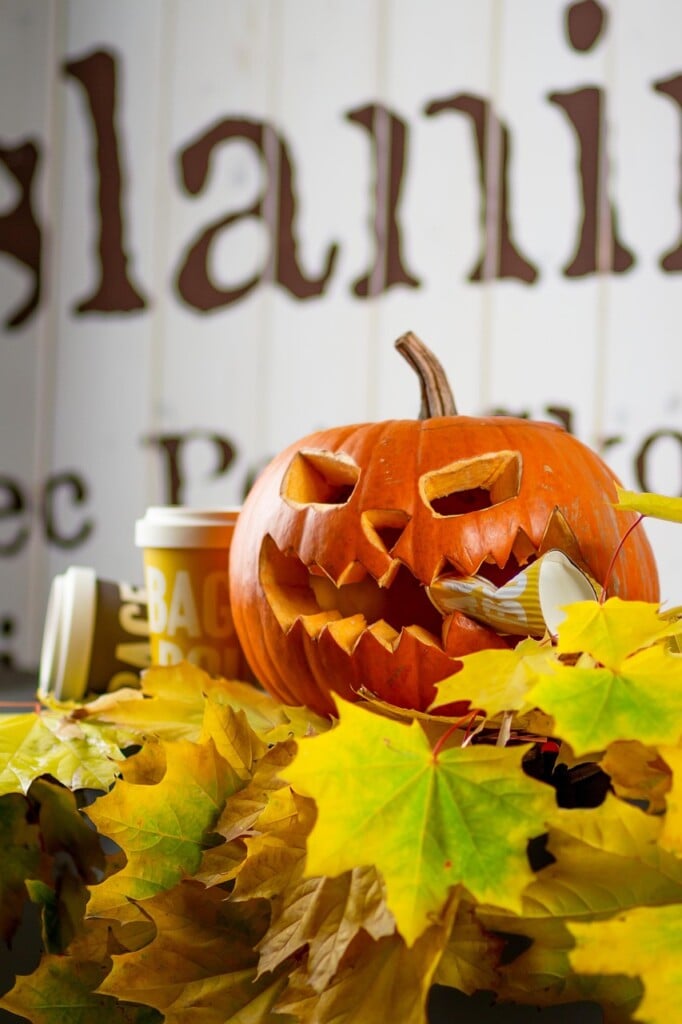No Tricks, Just Tips
What to do when your child hates Halloween

When my children were little, discussions about what costumes to wear for Halloween began in September. They loved dressing up, attending Halloween parties at school, trick-or-treating with friends, and then sorting (and eating) the candy they collected.
While my children enjoyed the Halloween activities, some kids do not like this holiday of masquerading and spooky endeavors. What should parents do when their child doesn’t want to participate in Halloween festivities?
Scary Feelings
“For some kids, Halloween is too eerie,” explains Dr. Michele Leno, host of Mind Matters with Dr. Michele. “While haunted houses and horror movies can be enjoyable for many kids, they don’t enjoy those feelings of being scared or startled. Even if they know it is make-believe stuff, the idea of being ‘spooked’ can make them feel anxious.”
For kids with sensory issues, Halloween activities and décor may be overstimulating. The lights and the noises can be unsettling. They may find it irritating to wear a mask or feel the fabric of a costume is scratchy and uncomfortable.
Halloween can also stir up social anxiety for kids. “While wearing a costume can be a treat for some kids, while others may feel self-conscious dressing up in something other than their everyday clothes,” explains Erin O’Connor, chief of education at Cooper and Professor in Teaching and Learning at NYU’s Steinhardt School of Culture, Education, and Human Development, and Program Leader for Early Childhood at NYU. “Halloween may also highlight a child’s social insecurities, such as not being included in a big group costume with their peers or being excluded from a group planning to trick-or-treat together.”
Even for tweens whole loved Halloween in the past, the holiday may be less enjoyable as they get older. “They may worry they are too old for trick-or-treating,” O’Connor says. “Or they might be worried about what type of costume to wear to a party. They may fear of looking silly or immature but also not be comfortable in ‘sexy’ outfits their peers are choosing this year.”
Normalize Feelings
For parents who love the holiday themselves or have looked forward to doing Halloween activities with their kids, it can be disappointing when their child feels differently. “Halloween is supposed to be fun,” O’Connor explains. “Kids shouldn’t feel pressure to perform or worry that their parents will be upset with them if they don’t want to participate in the festivities.”
It’s important to remember that it’s okay not to like something, even if others do, and to express that to your child. “Parents need to normalize not liking Halloween,” Leno says. “There is no need to overreact or believe there is something ‘wrong’ with your child if they don’t want to participate.”
Communication is Key
It’s understandable that in today’s scary world, where kids have access to news in real time, they may not want to be “scared,” even if it is make-believe.
“Halloween does have a lot of scary stuff, and it can be a real trigger,” O’Connor says. “Some kids may have trouble distinguishing fantasy from reality, so seeing someone bleeding with a hatchet through their head even if it is fake can be really frightening.”
If a child expresses concern or reluctance about Halloween, it’s essential to determine the reasons behind their feelings. “Parents need to provide their child a safe space to express themselves without fear of judgment or ridicule,” O’Connor says. “Reassure them that you are willing to listen and support them no matter what they say.”
Brainstorm ways to make the day more enjoyable. “Sometimes there is an easy solution,” Leno says. “For example, if a child doesn’t like the feeling of wearing a mask, suggest face makeup or a costume that won’t require their face to be covered. Or if they don’t like the crowds and noise, maybe they want to stay home and give out the candy at the door.”
Still Have Fun
“It’s understandable that a parent might want to cajole their child into participating and not want them to miss out on all the fun with their friends,” Leno says. But trying to convince a child that their feelings aren’t valid or to do something that makes them uncomfortable is not a good idea. “Parents may have to let go of their fantasy of what the holiday should be like.”
Instead, the best approach for kids who dislike ghosts, goblins, and ghoulishness may be to find a way to get through the day rather than embracing it. Watch a funny movie, bake cookies, or play a board game. Remember, a child’s feelings may change from year to year. Perhaps next year, they may want to participate. If not, this year may be the start of a new Halloween tradition.
RANDI MAZZELLA is a freelance writer specializing in parenting, teen issues, mental health, and wellness.









